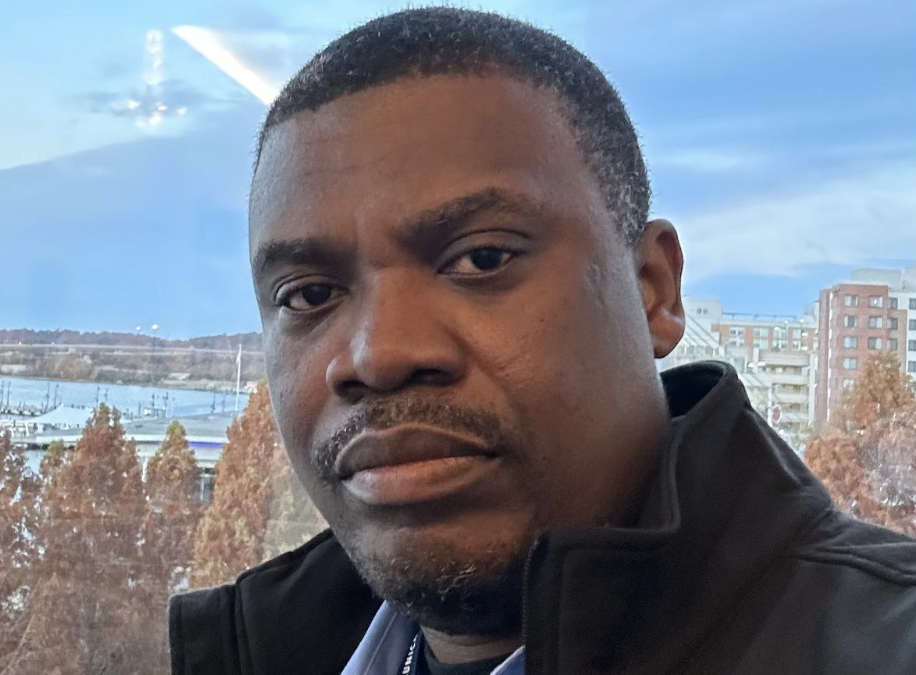Please describe yourself in a few sentences. What do you do/study and what are your passions?
I am Emmanuel K. Asare, MPH, a doctoral student studying Health Communication who is results-oriented, constantly checking on my progress to see how close or how far away we are and what it will take to make aspirations happen. I find this pressure inspiring and a great motivator. I’m a people person. I love meeting new people and learning about their lives and their backgrounds. I can almost always find common ground with strangers, and I like making people feel comfortable in my presence.
For the 2024 Comm Day presentation you offered, on what did you speak?
During the Graduate panel discussion on Communication Day, I provided an overview of the historical development of Ghanaian music and its impact on social change throughout different periods. I highlighted the distinct musical styles, such as kpanlogo, borborbor, and adowa, which incorporate unique rhythms, call-and-response patterns, and instruments like the talking drum. My presentation covered five eras: Pre-colonial, Colonial, Independence, Post-Independence, and contemporary, and emphasized how music served as a catalyst for social movements during these periods.
The main points of my presentation were as follows:
- Ghanaian music is deeply ingrained in the country’s cultural identity and heritage.
- It has provided a voice for the independence struggle and shaped the national character.
- The themes and lyrics of Ghanaian music have consistently reflected the social and political issues of the country.
- It continues to address current socio-political realities and drive change.
When it comes to the connection of music to social change, what are a few insights you might share? Are there any musical artists today or historically who you believe also speak to the transformative power of music? Please explain.
Music, with its universal language, has the power to transcend borders, cultures, and generations. Throughout history, artists have utilized this powerful medium to ignite social change, challenge norms, and inspire collective action. For instance, Bob Dylan from the United States and Osibisa from Ghana used music as protest songs to resonate with shared struggles, evoke emotions, and galvanize communities. These songs served as anthems and the heartbeat of social movements.
Sarkodie, a contemporary Ghanaian rapper, tackles issues such as corruption, education, and social justice in his lyrics. His track “Adonai” reflects on life’s struggles and the pursuit of success, resonating with youth across Africa. I believe that music remains a potent force for social change. Whether through protest anthems, soulful ballads, or electrifying beats, artists continue to shape our world. As we listen, let us recognize the transformative power of music, a harmonious call to action, echoing across time and space.
